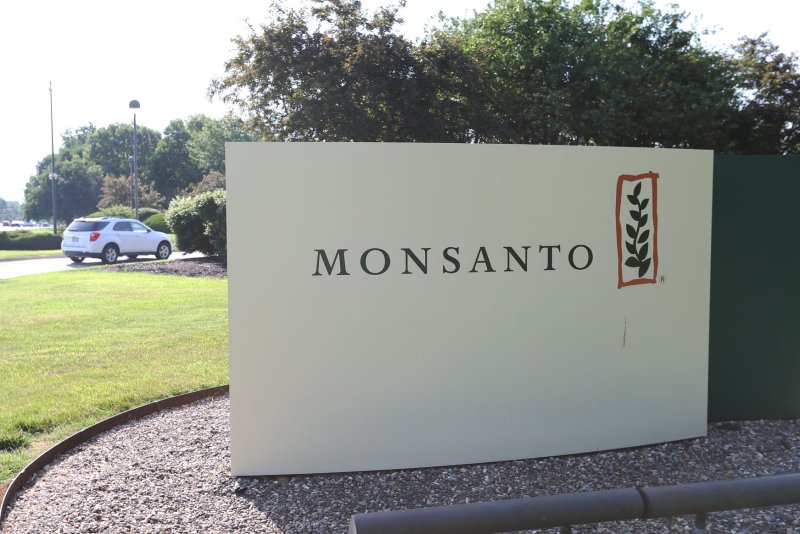March 20 (UPI) -- A federal jury in San Francisco has ruled the popular herbicide Roundup was a "likely" cause of a California man's non-Hodgkin lymphoma, a cancer of the blood that affects lymph tissues.
The six-person jury deliberated for four days before ruling in favor of Edwin Hardeman, 70, who said he used Roundup for decades before he was diagnosed in 2015. Jurors agreed that Hardeman proved the herbicide was probably a "substantial factor" in his affliction.















